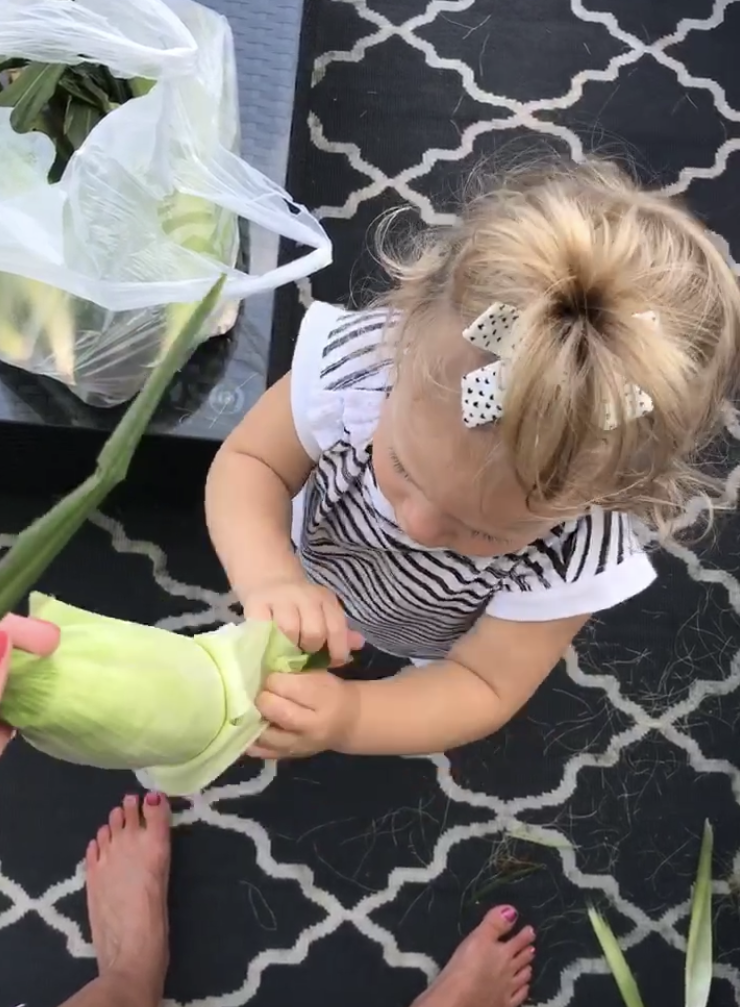
When your baby was born, she had no idea that she was a separate person from you with thoughts and feelings and two arms and two legs. This is something she is learning over time. Self-awareness, or “sense of self” is an important skill that contributes to your child’s level of independence and ability to take responsibility for her own actions.
This usually begins with some very basic body awareness. Does your toddler point to her belly or foot when you say “where is your belly?” or “where is your foot?”.
Does she refer to toys as belonging to her? “My bear, my ball.”
Do you notice your toddler taking responsibility for their emotions? Usually between age one and two, children can describe their emotions such as “I am happy or I am sad”. Also during this time, children can associate an attribute to themselves, for example, “I am a good girl”.
It is helpful for parents to reinforce this whenever possible to help your child develop a strong self-esteem along with her self of self. This begins at birth with healthy bonding and attachment and continues through childhood. Take opportunities to praise your child’s accomplishments. Allow your child to look in a mirror and talk about her features and body. Talk about her belongings and other people’s belongings and talk about differences between her and mommy.
One study found that young children can learn and retain new information better when it relates directly to them. Children were given items in a shopping cart to organize and items in someone else’s cart to organize. They were able to remember the items in “their” cart better than the other cart because then pertained more to them. It may help to teach your toddler new information if it pertains to him. For example, instead of saying “we wash hands so no-one gets sick” say “wash your hands so that you don’t get sick”.
References:
Cunningham, Vergunst, Macrae, & Turk. (2012). Exploring early self-referential memory effects through ownership. British Journal of Developmental Psychology. Retrieved from https://onlinelibrary.wiley.com/doi/full/10.1111/bjdp.12005
Cohen, J., Onunaku, N., Clothier, S., & Poppe, J. (2005). Helping young children succeed: Strategies to promote early childhood social and emotional development. Washington, DC: National Conference of State Legislatures and ZERO TO THREE.
National Scientific Council on the Developing Child. (2011). Children’s emotional development is built into the architecture
of their brains: Working paper no. 2 (Updated ed.). Retrieved from http://developingchild.harvard.edu/wp-content/ uploads/2004/04/Childrens-Emotional-Development-Is-Built-into-the-Architecture-of-Their-Brains.pdf (Original work published 2004).

